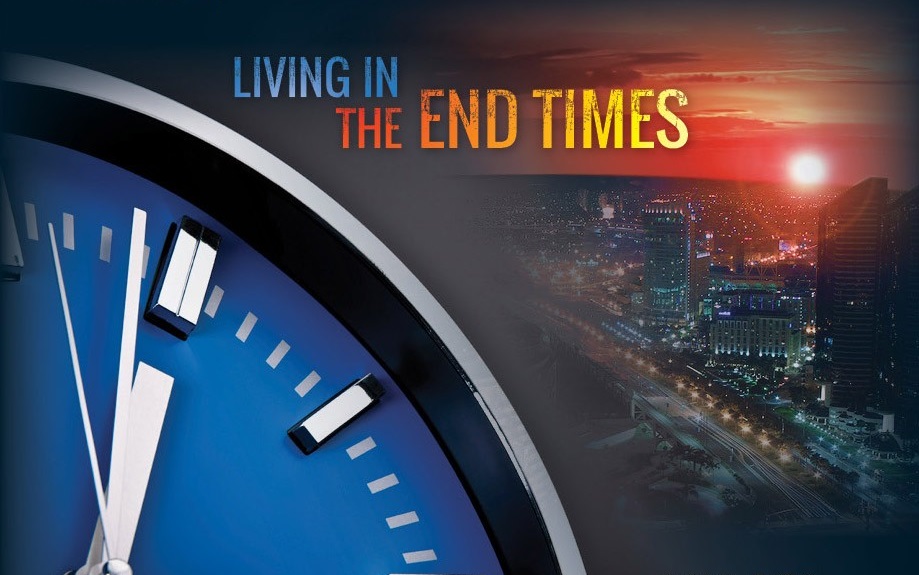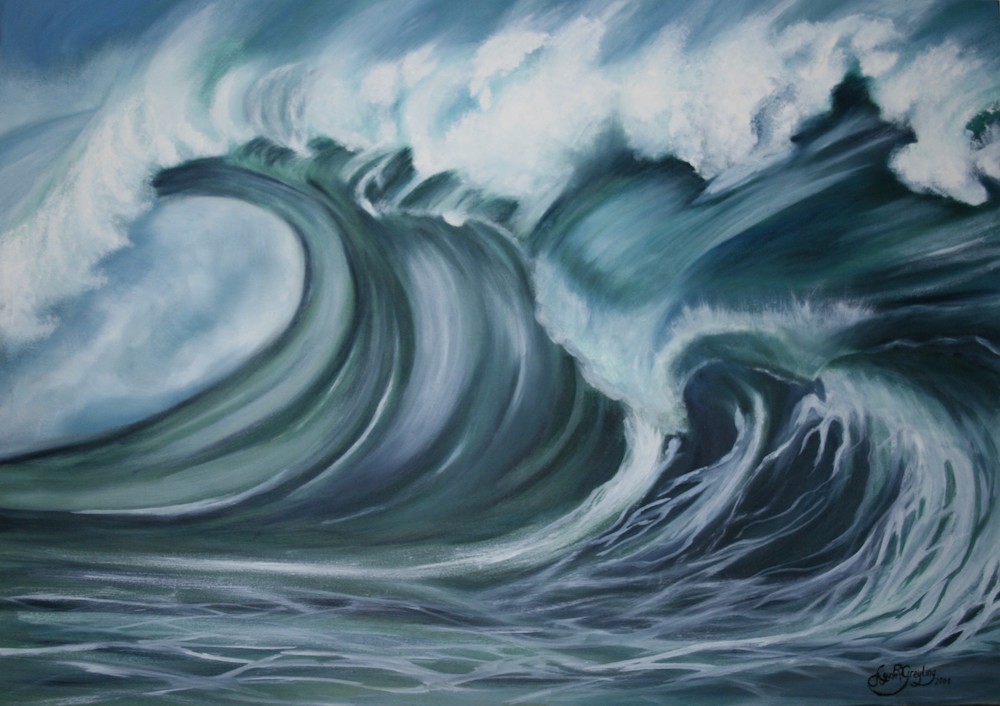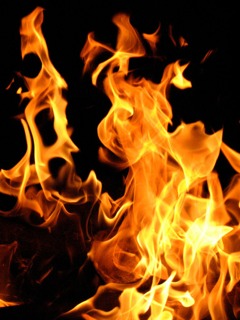
Psalm 27
Psalm 27:1–14, The Jews traditionally read this psalm during the month of Elul (the sixth month) just before the fall biblical feasts of the seventh month, since they are alluded to therein. These allusions include
- Verse 5: Pavillion is the Hebrew word suk, the root word for sukkah (relating to Sukkot or the Feast of Tabernacles).
- Verse 5: The Hebrew ohel means “tabernacle” (also relating to Sukkot or the Feast of Tabernacles).
- Verse 6: Sacrifice [of joy] refers to joy are the thanksgiving, love and peace offerings made to YHVH during the biblical pilgrimage feasts to the tabernacle of Elohim (ohel, v. 5; this refers to all the fall feast of Atonement, Trumpets, Tabernacles and the Eighth Day).
- Verse 6: Joy is the Hebrew word teruah, which directly refers to Yom Teruah or the Day of Trumpets and indirectly to the other fall feasts—a time period referred to in Jewish though as “the season of our joy.”
In the context of the fall biblical feasts, let us not forget that they are prophetic of the end time events that will occur immediately prior to and after the second coming of Yeshua. Therefore, this psalms, is a prophetic remez or hint at how the saints are to cope with the times of duress that will come upon them during the end times global beast system.
Psalm 27:1, My light…salvation…fear…strength of my life. What more does a person need? The saint has the light of Yeshua and the Word of Elohim (these are synonymous) to guide him in the gross or thick spiritual darkness of this satanic world. He also has the divine promise of salvation or deliverance from any and every enemy that would come against him to kill, steal and destroy including death, which is the ultimate enemy. Finally he has the divine strength or power of the Creator at work in his life through the indwelling presence of the Spirit of Elohim. Beyond this, there is nothing to fear in this life. In fact, many times I have quoted this verse and applied it to a particular part of my body that needed healing, and I have received divine healing. For example, while writing this, I humbly, yet boldly declared this promise over a pain in my back, and I was instantly healed. Now I now don’t have to go to the chiropractor. HalleluYah!
Psalm 27:2, Enemies…foes. Too often when reading scriptures that contains these words, we assign a person or name to them. But consider this: Our foe or enemy may be a situation or condition (e.g., a health condition, emotional distress, financial problems, difficult life circumstances [e.g., flood, fire, drought, weather conditions, physical privation, sickness and disease, tribulation or persecution]), or demonic spiritual entities that are behind a person or situation that is our enemy. Moreover, our enemy may, in fact, be our own sinful condition or wrong attitudes, and we are now reaping the deleterious consequences thereof. So before automatically blaming someone else for our problems and the consequences thereof in our lives, let’s rethink who or what our enemies may really be.
Psalm 27:4, Dwell in the house of YHVH. How does one dwell in the house of YHVH all the days of one’s life? Is this merely hyperbolic, fanciful thinking and rhetoric on the part of the psalmist, or is it actually possible to do? Obviously as physical humans, we are confined to life on this earth while living in the earth suit of our physical bodies. At the same time, Scripture declares that we are seated with Yeshua in heavenly places (Eph 2:6), and that our affections must be set on heavenly things (Col 3:2); therefore, we exist in two realities or dimensions at the same time: an earthly physical dimension and a heavenly or spiritual dimension. How? Simply this: We are a tripartite being of spirit, soul and body (1 Thess 5:23). Although the body part of us is confined to this earth, our soul (mind, will and emotions) and spirit can operate from and in the spiritual dimension of heaven through our relationship with Elohim through Yeshua and through the power of his word and Spirit. We can allow the Spirit to operate through us and direct and guide everything that we do, say and think. In so doing, we are dwelling in the house or family (Heb. bayith) of YHVH, while, in a sense, temporarily living abroad (in the foreign country of this physical existence) on this earth and away from the real home of our Father’s heavenly house, which in due time, at the end of this age, is coming to this earth. Amein and halleluYah!
House [Heb. bayith]. The Hebrew word bayith not only means a physical “house” but also “family or household.” When we understand that bayith signifies more than a simple physical structure, the implications are enormous. The psalmist is telling us that the beauty or delightfulness of YHVH is to be found within the household or family of Elohim or the household faith, that is, in spiritual community or the family of Elohim comprising of his saints who love him and adhere to his ways and way of life.
To behold. Literally to see as a prophetic seer in an ecstatic state, to perceive by experience or with intelligence. (Also see Ps 63:12.) There is more than one way to come into contact with the beauty, favor, delightfulness or pleasantries of YHVH.
To inquire in his temple. The psalmist talks about going into the tabernacle to encounter YHVH. Since there is no longer a physical tabernacle in which the saints can go to seek YHVH, where do they now go?
The saint is the tabernacle or temple of the Spirit of Elohim (1 Cor 3:16; 2 Cor 6:16), and the Spirit dwells in one’s personal spirit. This means that one must go inside himself to seek and behold beauty of YHVH. Perhaps this is “the secret [or the covered, private, hidden or protected] place” to which the writer makes reference in v. 5.
Psalm 27:5, In the time of trouble. The house of YHVH (as discussed in my commentary on the previous verse) is the place where YHVH will hide his saints in the time of trouble. If one fails to make the house of YHVH a place of refuge during trouble-free times, how can one expect to know anything about this secret place of YHVH much less go there or rely on it during troublesome times?
Finding refuge in the context of spiritual community may be a main way by which YHVH will protect and provide for his people during the perilous and turbulent end times.
Set me high upon a rock. In the secret place of YHVH (which in other places I refer to as my “God-bubble” or “the spiritual force field” that surrounds me, or which the psalmist elsewhere refers to as taking refuge under the wings of the Almighty), we will find a mighty and solid rock on which to stand during times of trouble. That Rock is Yeshua our Savior, the Written and Living Word of Elohim.
Psalm 27:6, The sacrifices of joy…praises. See notes at Ps 116:17.
Psalm 27:4, 8, Inquire…seek. Literally this means “to look for, consider or reflect.” Such an effort takes time and energy, and to accomplish, one must quiet down the rambunctiousness of the soul (one’s mind, will and emotions), so that one’s inner man or personal spirit can rise up and speak as it is informed and directed by the Spirit of Elohim.








